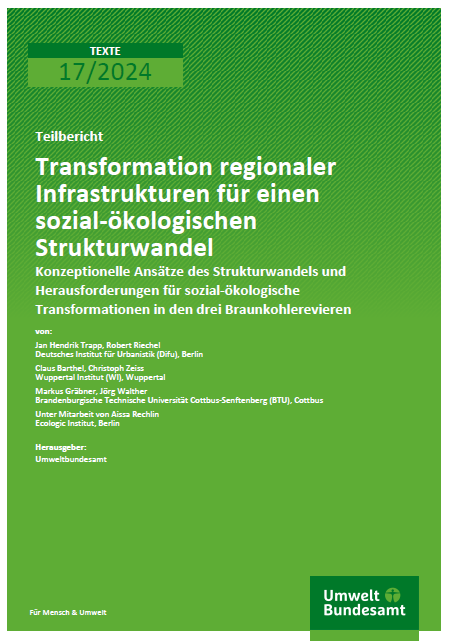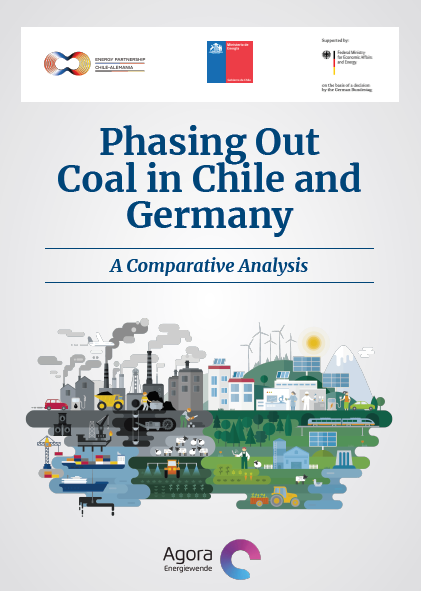To strengthen climate protection in Germany, the amendment of the Climate Protection Act in 2021 further tightened the greenhouse gas emission targets for 2030 and set the goal of climate neutrality for the year 2045. An important step in the energy sector is the phase-out of lignite mining and coal-based electricity generation. The decision to phase out lignite mining in Germany by 2038 at the latest does not only affect energy and climate policy. In the coming years, the lignite mining areas will face a fundamental structural change, which is to be flanked with extensive funding and steered in the sense of sustainable spatial development.
The project "Transformation of regional infrastructures for socio-ecological structural change and sustainable spatial development" (TransIS), will investigate for the Rhenish, Central German and Lusatian coalfields, which contributions infrastructure design based on sustainability criteria and innovative networking of regional infrastructures can make to socio-ecological structural change and what impulses for sustainable regional development can come from this.
In coordination with the German Environment Agency, concrete recommendations for infrastructural approaches to sustainable structural change and for future funding policies are to be developed in participatory processes with actors from the three lignite mining regions. The project is being carried out under the leadership of Difu together with the Brandenburg University of Technology (BTU) Cottbus Senftenberg, the Ecologic Institute and the Wuppertal Institute for Climate, Environment and Energy.





